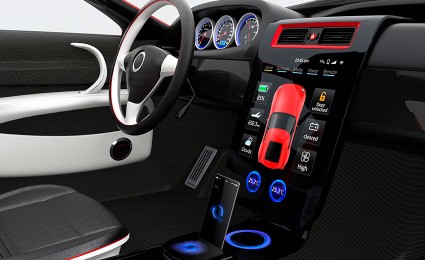Blockchain's potential in the automotive industry
![{[downloads[language].preview]}](https://www.rolandberger.com/publications/publication_image/Roland_Berger_Study_439_Blockchain_in_Automotive_Cover_download_preview.jpg)
Blockchain has spread beyond the world of cryptocurrencies, finding its way to concrete applications within the automotive sector. It is a viable solution to innovations such as vehicle-to-vehicle communication, secure data transactions, component provenance and location tracking, as well as a gateway to new products and services.








